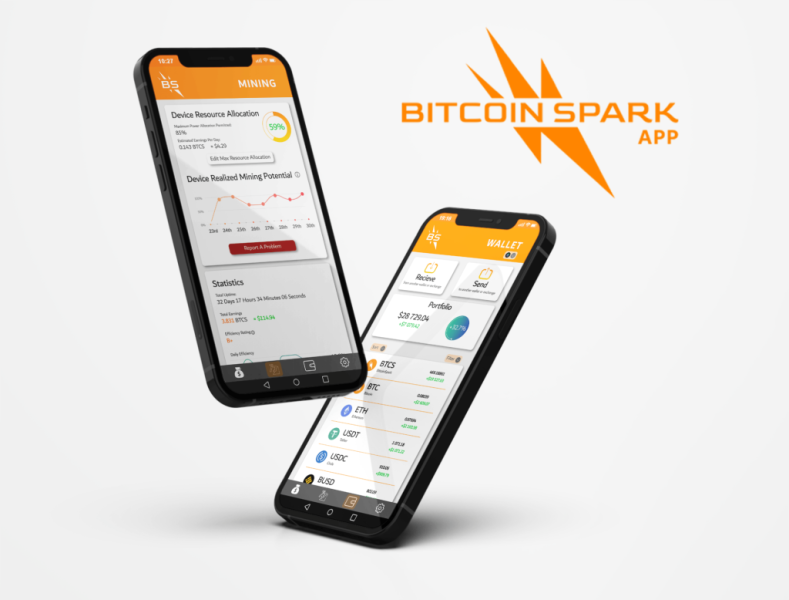What Happened To PEPE? – Learn Why Meme Coins Are Short Lived Compared To BTCS

Contents
With many in the crypto community wondering what happened to Pepe Coin (PEPE), experts suggest meme coins are short-lived when compared to Bitcoin Spark (BTCS).
What are meme coins?
Meme coins are cryptocurrencies that gain popularity primarily through internet culture and social media trends. Unlike other cryptocurrencies, meme coins often lack a clear utility or practical purpose. Instead, they rely on memes, jokes, and online communities to generate interest and value. These coins are typically created as a parody or satire of the cryptocurrency space, using humorous or absurd branding to attract attention.
Are meme coins good long-term investments?
While a number of experienced individuals have significantly profited from short-term speculation or trading meme coins, they are certainly not suitable for investors seeking stability and long-term growth. Meme coins are highly volatile and prone to pump-and-dump schemes, where the price is artificially inflated and then crashes, often leaving unaware investors with significant losses. Additionally, many meme coins’ anonymous and unregulated nature makes them susceptible to fraud and scams.
What happened to PEPE?
Pepe Coin (PEPE) is a meme coin that was launched in April 2023, paying tribute to the popular Pepe the Frog meme. Pepe Coin quickly became one of the most-traded cryptocurrencies, surpassing $1 billion in market capitalization just three weeks after its launch and landing in 72nd place. However, the meme coin came crashing soon after. It is now down 85% from its all-time high (ATH) and has declined by 42% in the past 30 days, falling out of the top 100 crypto rankings.
Why Bitcoin Spark (BTCS) is better
Additionally, the utility of Bitcoin Spark (BTCS) extends substantially beyond simple Peer-to-peer (P2P) payments. Due to its low and limited supply, BTCS could be a great store of wealth. BTCS will also be used to power smart contracts and decentralized applications (DApps) within Bitcoin Spark. This Bitcoin fork’s infrastructure will have multiple layers, including a smart contract layer that allows for a variety of programming languages, ensuring scalability and versatility.
Going further, Bitcoin Spark uses a revolutionary consensus mechanism known as the Proof-of-Process (PoP), which requires users to provide processing power to the network in order to validate transactions and earn rewards. The Bitcoin Spark team has ensured true decentralization by significantly expanding the network’s nodes and combining the PoP with an algorithm that exponentially reduces rewards per additional power. This allows even users with low-powered devices to participate in network validation. In fact, the team will launch a safe, easy-to-use, and lightweight network validation application compatible with Windows, Mac OS, Linux, iOS, and Android.

The contributed power will then be rented out to organizations and individuals seeking remote computing resources through Bitcoin Spark. The network’s clients will pay in BTCS, giving it a unique real-world use case. The validators will receive 97% of the revenue generated, and the 3% will go towards network development.
Moreover, BTCS will give businesses and individuals access to advertising services. The Bitcoin Spark application and website will have small spaces for ads, which the community will monitor to ensure credibility and maintain the decentralization ethos. Network participants will receive 50% of the revenue generated and additional incentives for policing the ads, increasing the reward aspect.
Bitcoin Spark is currently in its Initial Coin Offering (ICO) stage, which offers an opportunity to get BTCS at a discounted rate. BTCS will launch at $10 but is currently at $3 with an 7% bonus and other benefits in Phase 7 of the ICO.
For more information on Bitcoin Spark:
Website: https://bitcoinspark.org/
Buy BTCS: https://network.bitcoinspark.org/register
